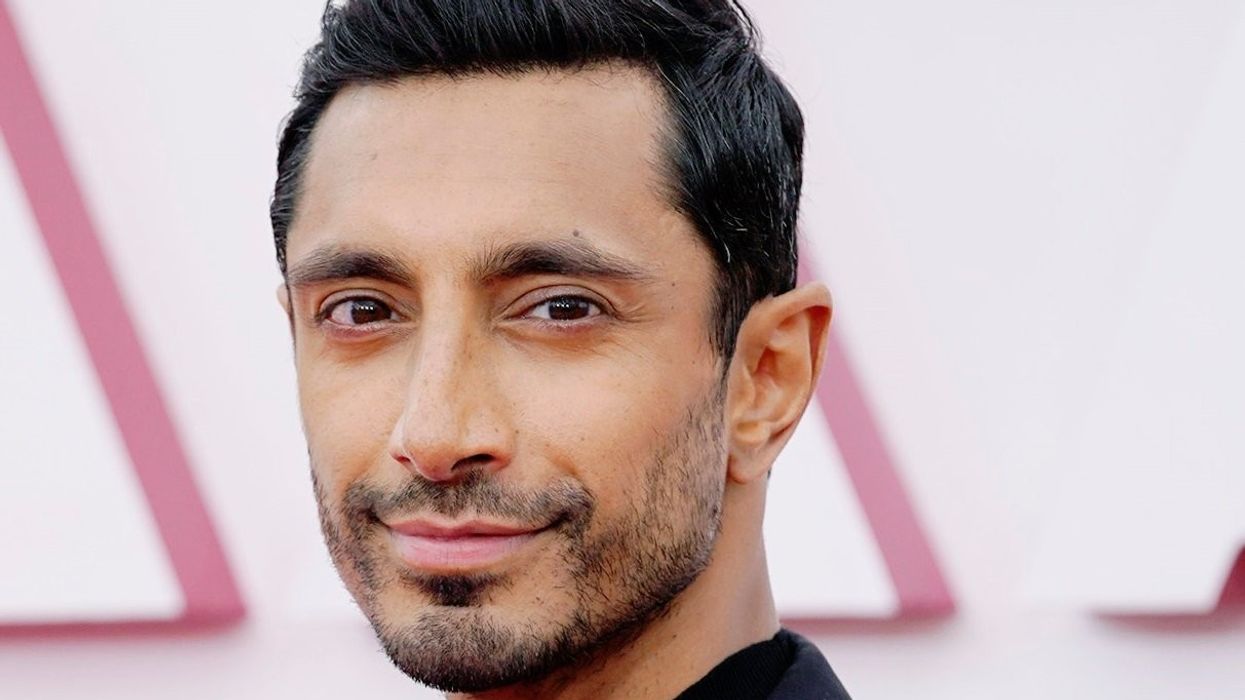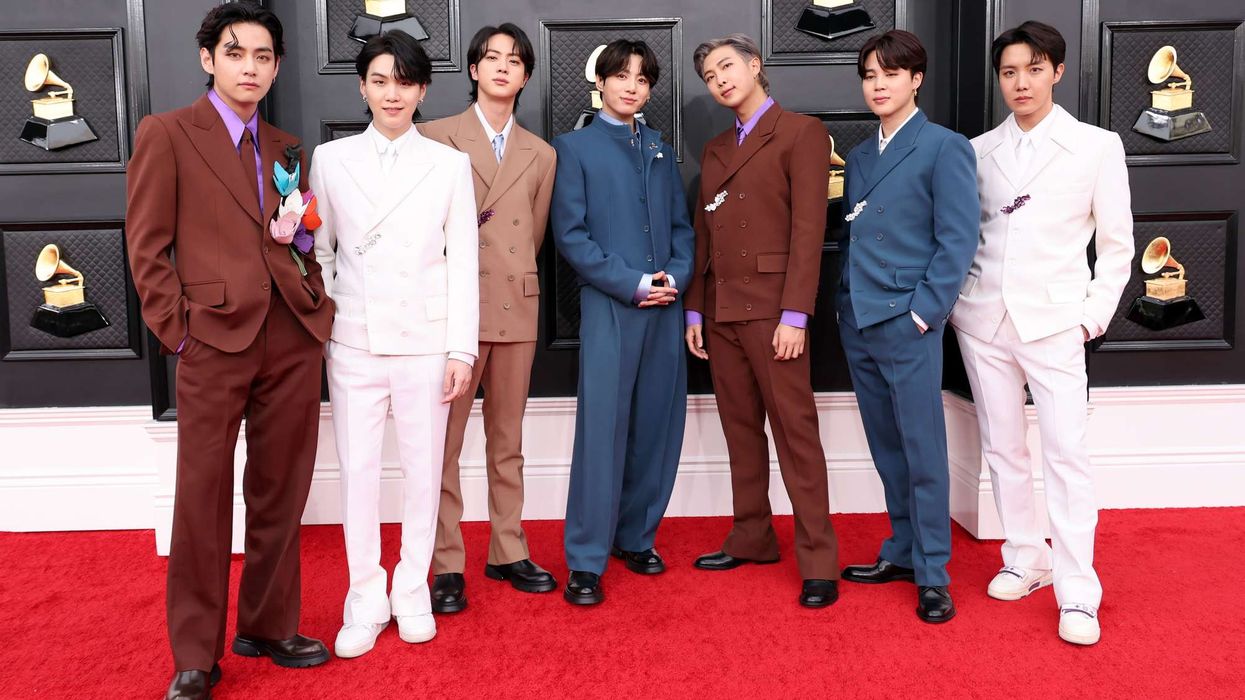Oscar-nominated actor and activist Riz Ahmed's Left-Handed Films, The Ford Foundation, and Pillars Fund have launched a fellowship to support emerging Muslim directors and screenwriters. The fellowship includes an award of approximately £18,102, mentorship, and professional development. Applications are currently being accepted. The last date for the submission of applications is September 1, 2021.
In June, Ahmed launched a multi-layered initiative for Muslim representation in cinema. The initiative aims at improving the way Muslims are depicted in films after a study showed that they are barely seen and shown in a negative light when they do appear.
During a recent briefing of the initiative he is leading, Ahmed said that he is one of few Muslim actors who play a non-Muslim or unremarkably Muslim role, calling that a lonely “promised land.”
“The progress that is being made by a few of us does not paint an overall picture of progress if most of the portrayals of Muslims on screen is still either non-existent or entrenched in those stereotypical toxic two-dimensional portrayals,” said the British-Pakistani actor.
Kashif Shaikh, co-founder and president of the Pillars Fund, said, “We knew anecdotally growing up that the representation of Muslims in popular culture and media was really bad. And not just bad, it was incredibly harmful.”
A USC Annenberg study that looked at 200 popular films between 2017 and 2019 found less than 2% of speaking roles were Muslim characters; 1.1% of characters in 100 US films were Muslim: most were men, and their roles are largely linked to violence. None of the characters in animated films was Muslim, and diversity was not broadly reflected.
“The biggest part of the American Muslim community is Black and only like five-plus per cent of Muslim Americans on screen are Black,” said Noorain Khan, director of the office of the president at the Ford Foundation. “Those numbers are just incredibly compelling.”
“People don't just wake up hating Muslims. They believe a story, a story that we have to look at ourselves and ask whether we are complicit in perpetuating,” Ahmed said. “The Islamophobia industry is one that measures its cost in blood.”
Shaikh added, "Muslims in America are this diverse, robust, dynamic community that you know, like other marginalized communities just haven't had the same opportunities to be able to tell their stories. And I don't mean just their stories about being Muslim. I mean, just whatever those stories are.”













